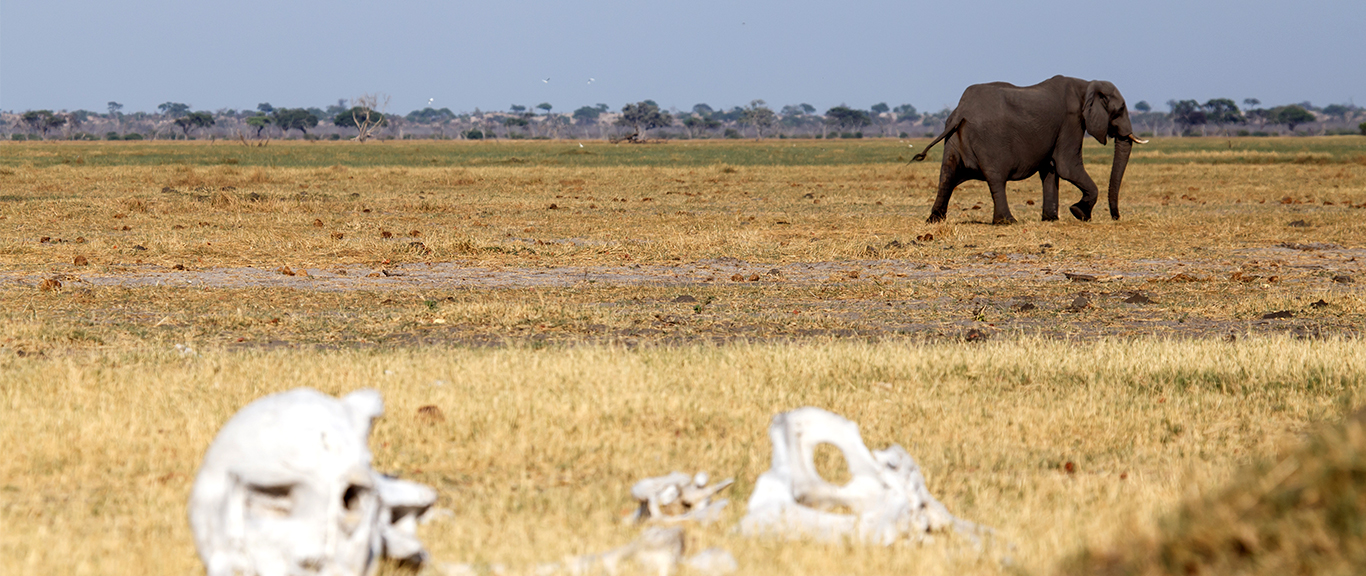The next mass extinction is already happening and we’ve got a seat in the front row
I learned a new word this week: Defaunation – the loss of animal populations as a consequence of human activity. Kind of like deforestation, you know, but with animals. The term was coined by Professor Rodolfo Dirzo of Stanford University, who – together with other scientists – published some pretty freaking scary research findings yesterday.
According to these scientists we’re right in the middle of the Earth’s sixth mass extinction. These used to be caused by asteroid strikes and such – think dinosaurs – but if you look around at what’s been happening on our planet it probably comes as no surprise to hear that we – as in humanity – is responsible for the next extinction. And it will hit us, too. We’ve basically signed our own execution order.
Professor Dirzo has spent years studying the consequences of defaunation – what happens to an ecosystem if one species of plant or animal goes extinct, and how far-reaching the consequences can be.
Well, the answer is: pretty damn far-reaching. The effects can be global. They can kill us.
Here’s an example that shows how: These researchers have been conducting experiments in Kenya, studying areas that have been isolated from large mammals – elephants, zebras, giraffes – to find out how the ecosystem responds to the removal of these species. They found that pretty soon rodent populations will grow massively, because they find food and shelter in the seeds and shrubs that are now not being eaten or trampled by the big guys. We know rodents carry all sorts of diseases – the rodents in Kenya, for instance, carried the plague, among others. More rodents means more pathogens and a much higher risk of diseases spreading among human populations. And the more densely populated an area, the more defaunation happens, the more rodents you’ll get… Well, you get the picture. Mass epidemic of plague. Cheery prospects.

So, what needs to happen is this: We need to protect the animals – the elephants and giraffes, the rhinos, the tigers, the whole lot. And not just because they’re cute and majestic. But because they are part of a very, very fragile ecosystem that keeps a fine balance between all the species, making sure each of us has a chance to survive.
Of course this means stopping deforestation and other exploitation of the land that these animals need as their natural habitat. And it means stopping the hunting and poaching and illegal trade in wild animals and animal products. It means a whole load of people deciding to be more responsible in how they treat the environment.
Hopefully these researchers can shout loud enough and raise enough awareness. Because maybe, if the ultimate goal is not ‘save the tigers’ but ‘save humanity from extinction’, it will just change people’s minds enough for us to realise that this is serious.
Fore more news about the future, read our website and magazine Factor. It’s not all doom and gloom. We also look at happy and exciting stuff – space travel, floating cities, flying cars…everything that the future could bring.
